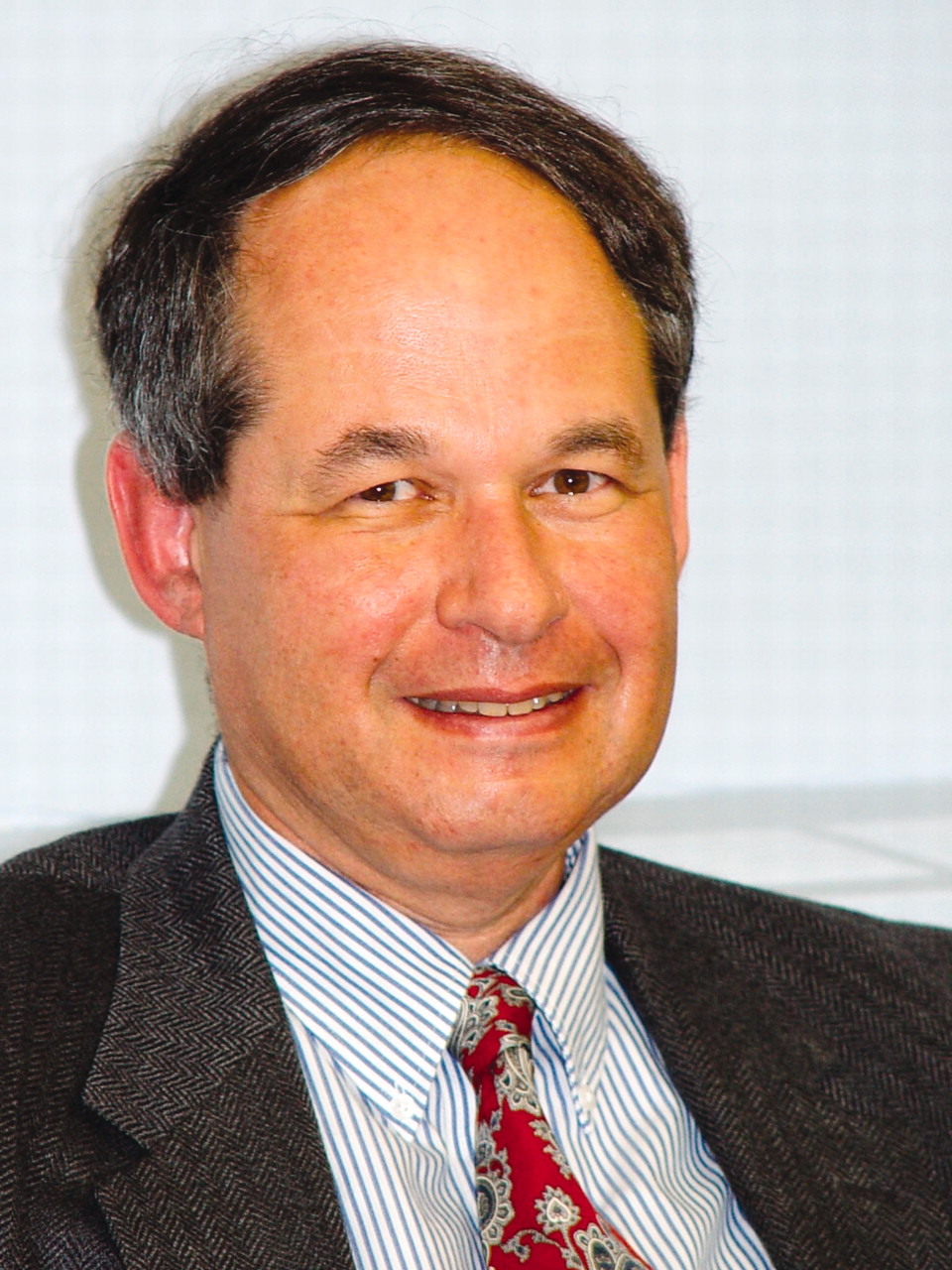Freedman to Be Next Editor of American Journal of Psychiatry

Robert Freedman, M.D., becomes the editor in chief of the American Journal of Psychiatry on January 1, 2006. David Hathcox
Robert Freedman, M.D., chair of psychiatry at the University of Colorado Health Sciences Center and a professor of psychiatry and pharmacology, has been chosen the next editor in chief of the American Journal of Psychiatry. He will replace Nancy Andreasen, M.D. She has been the journal's editor for 13 years, the maximum number of years that an APA editor may serve.
The Board of Trustees approved the appointment at its May 22 meeting in Atlanta.
Freedman is also superintendent of Colorado Psychiatric Hospital and from 1986 to 2000 was director of research in the University of Colorado's Department of Psychiatry.
He serves on the editorial boards of the New England Journal of Medicine, Schizophrenia Research, Neuropsychopharmacology, Biological Psychiatry, and Experimental Neurology.
He noted that his primary research interests are physiology of the central nervous system and pharmacology and its application to clinical psychiatry. Specifically, he told Psychiatric News, he has been studying“ how neuronal dysfunctions cause people to become psychotic.” He and his colleagues “have characterized a particular type of inhibitory neuronal dysfunction caused by the failure of activation of nicotinic cholinergic receptors,” he explained. The dysfunction can appear in several psychiatric illnesses and may “partially explain some patients' tendency to smoke heavily.”
As for his vision for the journal's future, he said that psychiatrists“ will be increasingly called upon to document the value of our treatments, as we aim not only to better the life of mentally ill people, but also to help them toward fuller recovery. I want the clinical and basic investigators who lead our field's new discoveries to use the American Journal of Psychiatry as their platform to present their work to our profession.”
Freedman added that he and the deputy editors “will strive to publish new findings as rapidly as possible, along with more interpretative articles to highlight their present and future clinical importance.”
Noting that many residents, recent graduates, and medical students read the journal online, Freedman also cited a recent initiative to improve the online version of the journal. He pointed out that this is a collaborative effort among Sandra Patterson, the APPI journals editorial director, and the APPI editorial, marketing, and e-product development staffs.
He noted that his role is “to make the content accessible to all readers, to encourage students and trainees in particular to discover that psychiatry is the most dynamic field in medicine.”
Freedman noted that he accepts no reimbursement from drug companies. He believes his role with the journal should be free of conflict of interest.
Freedman became editor designate on July 1 and will assume the role of editor in chief on January 1, 2006. ▪



